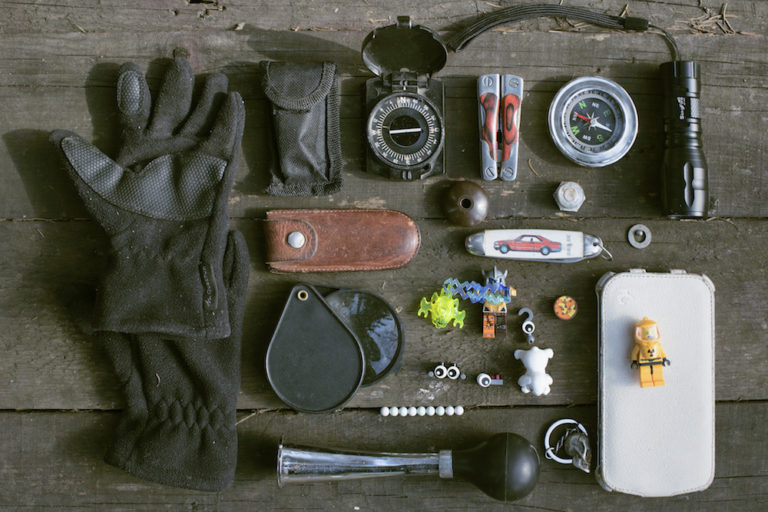Jessica Hurley’s Infrastructures of Apocalypse: American Literature and the Nuclear Complex examines how postwar literature has responded to discourses, both official and unofficial, of nuclear weaponry and nuclear power. Hurley explores how literature from a variety of genres offer a different sense of past, present, and future in response, thus constructing the apocalypse as a transfiguration rather than as a revelation.
Keyword: apocalypse
How Makers and Preppers Converge in Premodern and Post-Apocalyptic Ruin
This article investigates how US maker culture affirms values of self-reliance and personal responsibility through its increasing convergence with future-oriented preparation in order to construct a US maker identity differentiated from other making cultures worldwide as an ideological project of white American exceptionalism. I argue that the convergence of contemporary making with apocalyptic preparation in the US articulates making practices as vital for individual survival for apocalyptic futures as well as constructs nonwhite and non-Western geographies as simultaneously premodern and post-apocalyptic sites of ruin. US maker culture, while drawing inspiration from these geographies, suggests that such locales will be unaffected by apocalypse and, thus, cannot prepare for it. Consequently, US maker culture excludes the nonwhite inhabitants of these non-Western geographies from the idealized subjecthood rooted in the do-it-yourself (DIY) ideology and preparatory logic that maker culture endorses.

